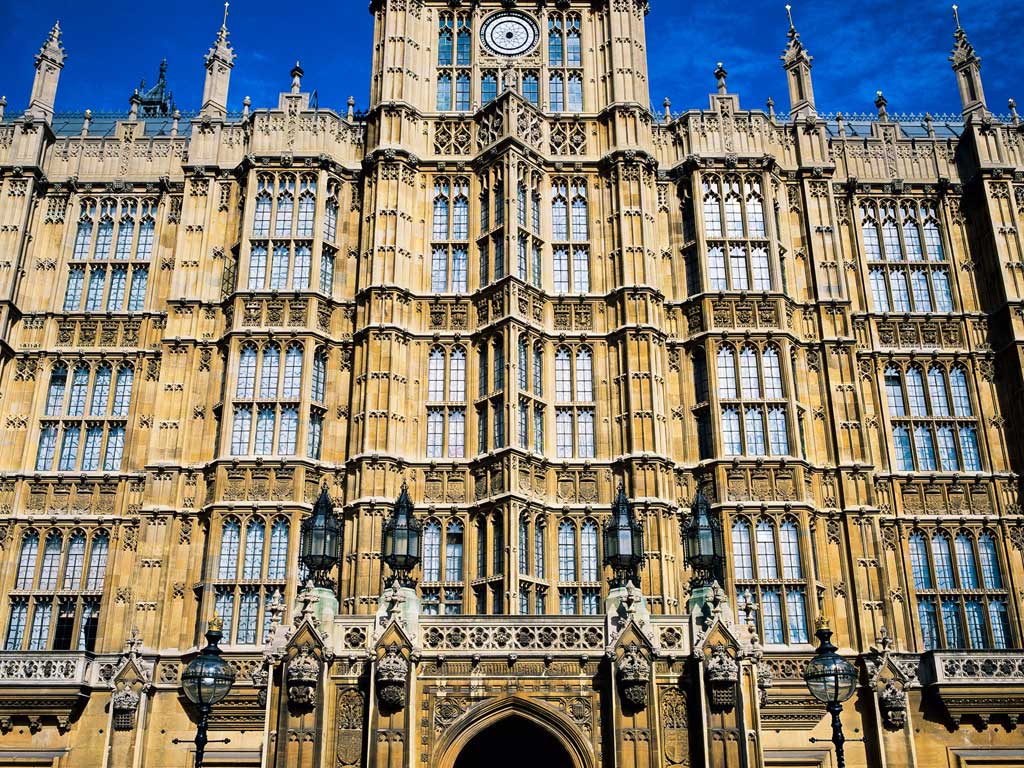With a recall referendum, we could all be heroes
What if, via an act of parliament, the British electorate could force a recall referendum after 24 months of governance if 51% of the population signed a petition calling for it?

On Tuesday, David Bowie marked his 66 years on the planet by asking us all “where are we now?” In a political sense this is an extremely pertinent question, not least because the coalition used the very same day to mark 66 years since the introduction of the Retail Prices Index - the inflation indicator based on the cost to British people of a basket of goods and services – by ignoring its use as a measure of the real cost of living, and by extension its critical purpose as a marker of the true value of benefits paid to the poorest.
Let’s hope none of those skivers whose incomes have been cut in real terms use trains to travel to work or job interviews; fare rises in 2013 again outstripped RPI, whereas benefits paid to them will now fall well beneath it.
The week had of course started off hunky dory; Clegg and Cameron awarded themselves full marks for their work to date. Rather than commencing 2013 by attempting to unite the population behind what must be done in difficult times, they pointedly decided to remind us all of a) their determination to see through what must be done to us, and more importantly b) our utter inability to do anything about it, given that for the first time they’ve gone to the trouble of putting a full 5 year electoral term into law.
Quagmire
In Westminster, this never ending story seems to be a quagmire where party-political calculations and the archaic whipping system override the best interests of the population. As if the absolute assurance of a further 2 and a half years of Cameron and the man who sold the world were not enough, the only party of opposition likely to replace them voted against the benefit cap, yet refused to reverse it if they are elected; a kind of bizarre push me-pull you policy sideshow to the main event.
So given that Labour - on a matter of fundamental importance to millions - would do little different or at least not reverse the coalition incisions; given the consistent fashion for the party of opposition to pledge allegiance to the incumbent’s future spending plans if elected (as pre-1997 Labour and pre-2010 Conservative) thus offering the voter little in the way of meaningful choice; and given we now perceive a new political landscape where the core values of any party are open for trade-off and dilution in the name of power and placating the neurotic demands of the diamond dogs that run the square mile, a new tension and check is required to ensure government does not deviate wildly from the will of a majority of the population.
Back in the days when the Liberal Democrats were not, em, under pressure, Clegg supported the notion of MP recall; irrespective of the point in the electoral cycle, it would give power to a majority of citizens to remove their MP if they feel he or she is not representing their best interests, or have reneged on what they pledged to do. Why not go further and start a debate on absolute recall of government?
The smugness on show in Downing St on Monday conveyed the indifference of the PM and his deputy to the appalling poll ratings of both colours; a definite national reflection of the unpopularity of their joint policies and direction. Oh, it’s just “mid-term” they jest, it happens to every party. But what if mid-term was not a time honoured opportunity to publicly patronise and belittle the views of those that appoint you, but the opening up of a critical phase whereby they could actually remove you from office?
What if, via an act of parliament, the British electorate could force a recall referendum after 24 months of governance if 51% of the population signed a petition calling for it, thus forcing a general election on the people’s terms, rather than on the governments?
Radical
It may sound radical, but if there is not a cigarette paper between the main parties in terms of what they’ll do with our money and if – as with New Labour, the Liberal Democrats and the Conservatives – parties renege on manifesto pledges/introduce new policies unmentioned in their manifesto with monotonous, outrageous regularity (because they are utterly, absolutely secure within their 4/5 year capsule) what other potent option does the electorate have?
There were 150 recall elections in the United States in 2011; a major Canadian province operates full (including executive) recall and the idea deserves a serious hearing here too.
It would introduce dynamism to our democracy, empowering those who bother to vote (many of whom feel the process makes little difference) and impose an unprecedented honesty and accountability upon the operations of our political leaders.
A democratic reminder to the most powerful that any strategic deviation from what they proposed to voters, or maladministration of public money during their first 2 years in Whitehall will mean ashes to ashes for their office is a powerful check deserving serious exploration.
Join our commenting forum
Join thought-provoking conversations, follow other Independent readers and see their replies
Comments
Bookmark popover
Removed from bookmarks